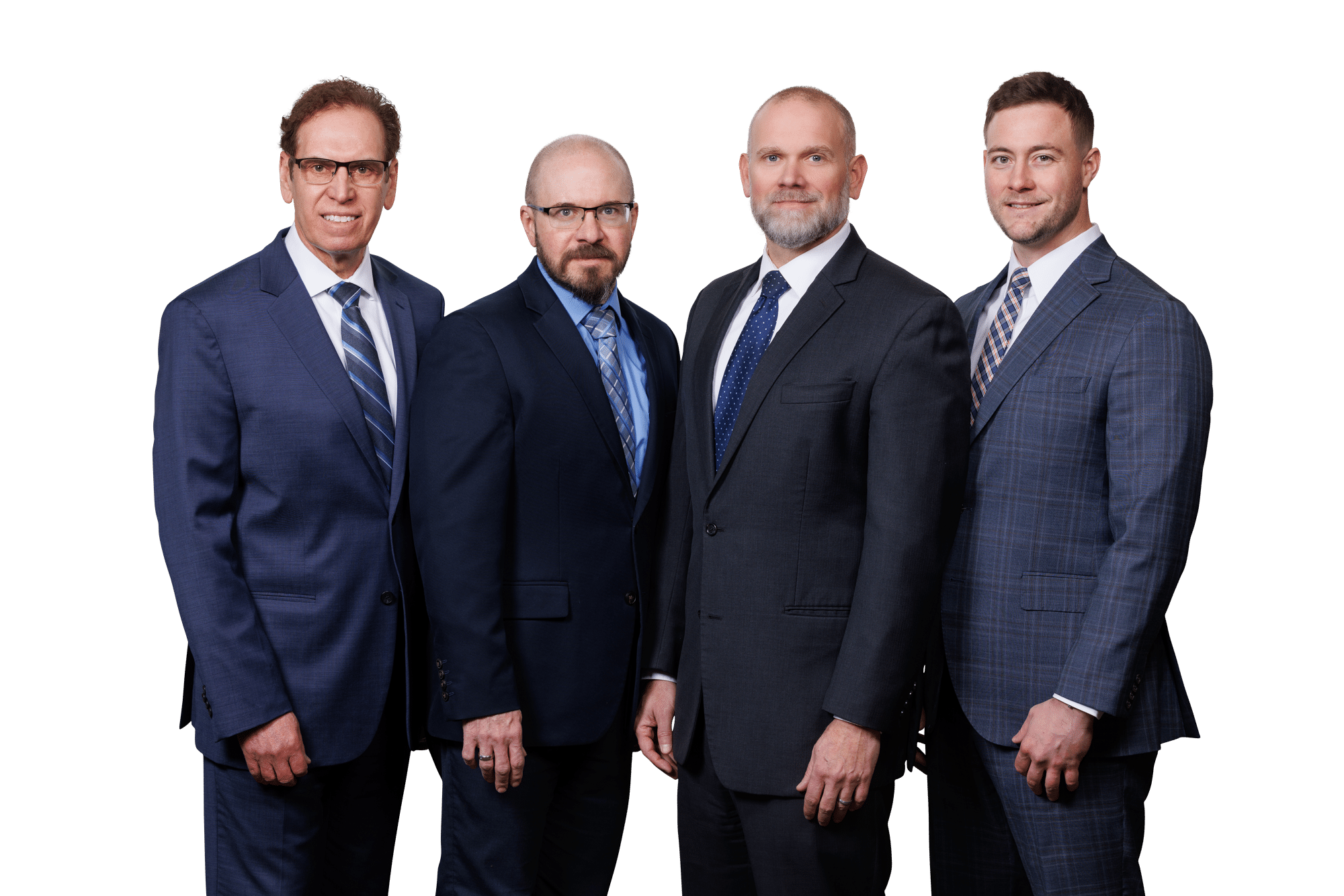There are a myriad of car insurance coverage options available. Although not all are required by Colorado state law, each type of coverage specifically protects you and your assets after an accident. Whether you’re shopping around for auto insurance or curious about how different types of car insurance protect you after an accident, this comprehensive guide will provide the information you need.
Auto Insurance Coverage Types
Liability Coverage
Liability coverage is a fundamental component of any car insurance policy. A minimum amount of liability insurance is required under Colorado law. It provides financial protection if you’re found at fault in an accident, covering the costs of property damage and bodily injuries sustained by the other parties involved. Without liability coverage, you could be personally liable for significant expenses, including an injured person’s medical bills, vehicle repairs, and litigation costs.
There are two types of liability coverage, both of which are required by Colorado state law:
- Bodily Injury Liability (BI): Bodily Injury Liability coverage helps pay for the medical expenses, rehabilitation, and lost wages of the other injured people involved in an accident you caused. This coverage also extends to litigation costs if you are successfully sued for causing injuries to others. It’s important to note that bodily injury liability does not cover your injuries; it is solely for the benefit of others injured due to your actions.
- Property Damage Liability (PD): Property Damage Liability coverage pays for repairing or replacing another person’s property that you damaged in the accident. This includes vehicles, buildings, fences, and any other structures or objects that were damaged due to your actions while driving.
How Liability Coverage Protects You in Case of an Accident
In the unfortunate event of a collision, liability coverage ensures you are not left financially devastated. It covers damages to the other vehicle, and the medical expenses, lost wages, pain, suffering and physical impairment of the individual who was not at-fault. . Additionally, liability coverage includes the cost of your legal representation if you are sued due to the accident. This coverage provides you significant peace of mind during a stressful time.
Colorado State Requirements for Minimum Liability Coverage
Colorado state law currently mandates that all drivers carry minimum liability coverage of $25,000 per person for bodily injury, $50,000 per accident for bodily injury, and $15,000 for property damage.
Anytime you renew or change insurance providers, ensure your policy meets or exceeds these requirements to comply with state law and to adequately protect yourself.
Uninsured and Underinsured Motorist Coverage
Uninsured and underinsured motorist coverage (UM/UIM) safeguards you in an accident with a driver who lacks insurance or has insufficient coverage. This type of coverage covers your medical expenses, lost wages, and other harms and losses if an uninsured or underinsured driver injures you.
UM/UIM coverage provides invaluable protection, especially in states like Colorado, with high rates of uninsured drivers. It ensures you are not left financially vulnerable due to an at-fault driver, who lacks or has insufficient liability coverage. . Under Colorado law your insurance rates will not increase simply because you make a UM/UIM claim. This is because when you were not at-fault, Colorado law prohibits such increases.
Comprehensive Coverage
Comprehensive coverage protects against non-collision events that damaged your vehicle, such as theft, vandalism, fire, or natural disasters. While not required by law, comprehensive coverage provides valuable financial protection and security , particularly if you own a high-value vehicle.
Collision Coverage
Collision coverage protects your vehicle in case of a collision with another car or object, regardless of fault. This coverage helps repair or replace your vehicle, minimizing out-of-pocket expenses and ensuring you can get back on the road quickly.
Why Collision Coverage is Important for Drivers
Even the most cautious drivers can be involved in accidents. Collision coverage therefore provides essential financial protection. Without collision coverage, you could face significant repair or replacement costs for your vehicle, impacting your financial stability and ability to commute.
Do You Need Both Comprehensive and Collision Coverage?
While comprehensive and collision coverage are not legally required, they cover different situations and are recommended, especially for drivers with newer or more valuable vehicles. Together, they provide property protection against various risks, ensuring you are covered in virtually any scenario.
Medical Payments Coverage (MedPay)
Medical payments coverage, or MedPay, covers medical expenses for you and your passengers regardless of who is at fault in an accident. This coverage provides coverage for urgent medical costs, such as ambulance costs , emergency room visits, and hospital stays.
How MedPay Works and Who It Applies To
MedPay applies to medical expenses resulting from car accidents, regardless of whether you were driving, a passenger, or a pedestrian. It covers a range of medical expenses, including hospital bills, surgery costs, doctor visits, and rehabilitation expenses.
MedPay coverage must be offered in Colorado, but can be waived . MedPay is widely available from most vehicle insurance providers. Insurers must offer it when you purchase your auto insurance policy. While it can be waived , MedPay will provide valuable financial protection by helping to cover medical costs not covered by your health insurance, such as deductibles, copayments, and treatments related to auto accidents.
Limits and Benefits of Medical Payments Coverage
MedPay typically has lower coverage limits in Colorado compared to what is known as personal injury protection (PIP), but it offers fast reimbursement for medical expenses. It is an essential supplement to health insurance, ensuring you are adequately covered for accident-related medical costs.
Personal Injury Protection (PIP)
Personal injury protection (PIP) is similar to MedPay but offers broader coverage, including medical expenses, lost wages, and essential services. PIP is often required in no-fault states. PIP was standard coverage in Colorado, decades ago, but has been replaced by MedPay coverage and UM/UIM coverage that is paid when there is no or inadequate liability coverage.
Other Types of Auto Insurance Coverages
In addition to the essential coverages mentioned above, other optional coverages are available to enhance your auto insurance policy.
Gap Insurance
Gap insurance covers the difference between the actual cash value of your vehicle and the amount you owe on your auto loan in the event of a total loss.
Rental Reimbursement
This car insurance policy covers the cost of a rental car while your vehicle is being repaired or replaced after an accident. This coverage will often expire after 7 to 14 days. You should ask how long the rental insurance will last.
Specialty Policies
These policies offer customized coverage for specific vehicles, such as classic cars, motorcycles, RVs, or commercial vehicles.
Do I Need a Personal Injury Lawyer if I Have Motor Vehicle Insurance?
Although having vehicle insurance provides you with protections and resources, insurance carriers require proof of every loss and often value your claim far below your evaluation. In these situations, legal representation can allow you to focus on your life, rather than the claims process and assist you in getting fair reimbursement for your harms and losses. An insurance adjuster is motivated to save money for the adjuster’s employer rather than compensate you for each of your losses. .
Here are some considerations to help you decide whether to hire a lawyer after a car accident:
- The Extent of Injuries: If you or anyone involved in the accident sustained significant injuries requiring medical treatment, ongoing care or resulted in disability, having a lawyer can be invaluable. An attorney can address each of your present and future harms and losses including medical expenses, lost wages, pain and suffering, inconvenience, loss of enjoyment of life, permanent impairment, and disfigurement. Clients often have disabilities caused by a collision that will prevent them from earning as much in the future. Finally, your health insurance company will seek reimbursement from you if you settle with the at-fault party. This is called subrogation and it acts like a lien against your settlement. In these cases the lawyers at Killian Law can negotiate a reduction in the subrogation claim and in certain cases can eliminate these claims.
- Disputed Liability: If there is a dispute over who was at fault for the accident, having a lawyer can help protect your rights and ensure the evidence is adequately investigated and presented. Insurance companies may try to shift blame or downplay their insured’s responsibility, and a lawyer can help level the playing field.
- Complex Claims: In cases involving multiple vehicles, uninsured or underinsured motorists, commercial vehicles, motorcycles, pedestrians, or cyclists, the claims process can become complex and infuriating. A lawyer experienced in handling motor vehicle accident cases can navigate the complexities of your claim, reduce your frustration and advocate on your behalf.
- Insurance Disputes: While insurance is meant to provide coverage and assistance after an accident, insurers may deny or undervalue claims. If you encounter resistance or unfair treatment from your insurance company, a lawyer can help negotiate a fair settlement or take legal action against the insurer if necessary. There are often sources of insurance that are not known by an injured party. For instance, the at-fault driver may be working at the time of the collision, which makes their employer’s insurance and the at-fault driver responsible. If a family member, who resides with the party who is not at fault, that family member’s UM/UIM policy can be used. There is often “umbrella coverage” available to an injured party that pays additional funds to an injured party.
- Emotional Distress: Car accidents can be traumatic experiences, and dealing with the aftermath can be emotionally challenging. Having a lawyer to handle the legal aspects of your case can alleviate much of the stress and allow you to focus on your recovery.
At Killian Law, we understand firsthand how challenging it can be to work with insurance companies and reach settlement payouts after a car accident. Because of this, we offer free case consultations to help you understand your rights, options, and the potential benefits of legal representation in your situation.
Even with extensive knowledge of the types of car insurance, you should never feel like you have to face the aftermath of an auto accident alone. We’re here to help you walk away from the accident with the compensation you need to resume the quality of life that was taken from you.

